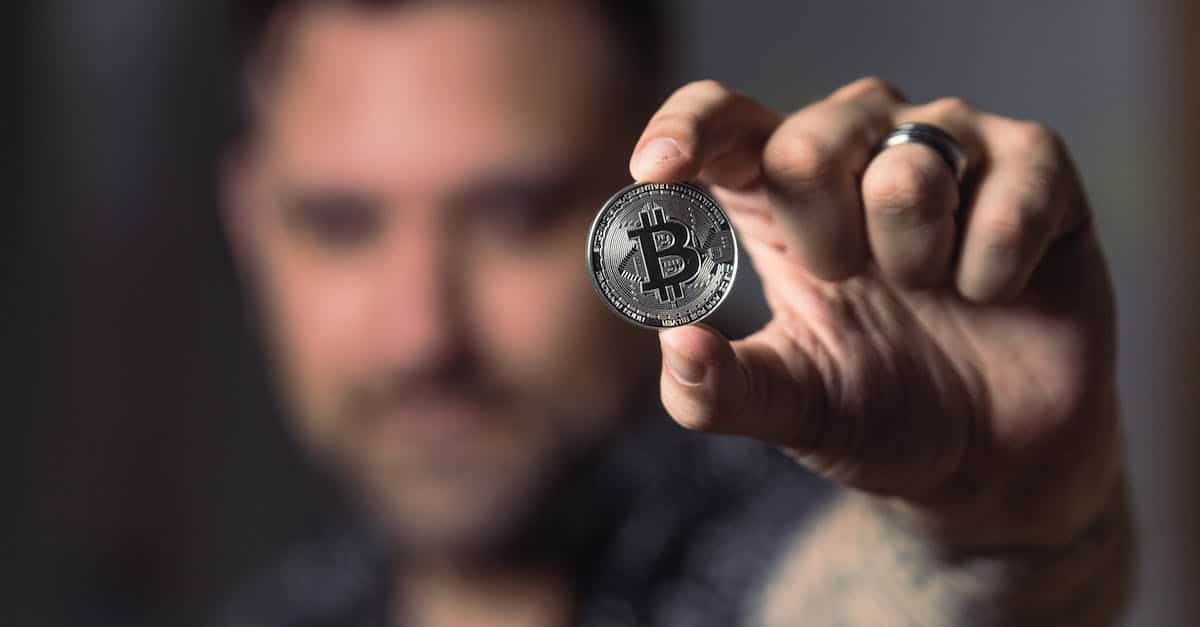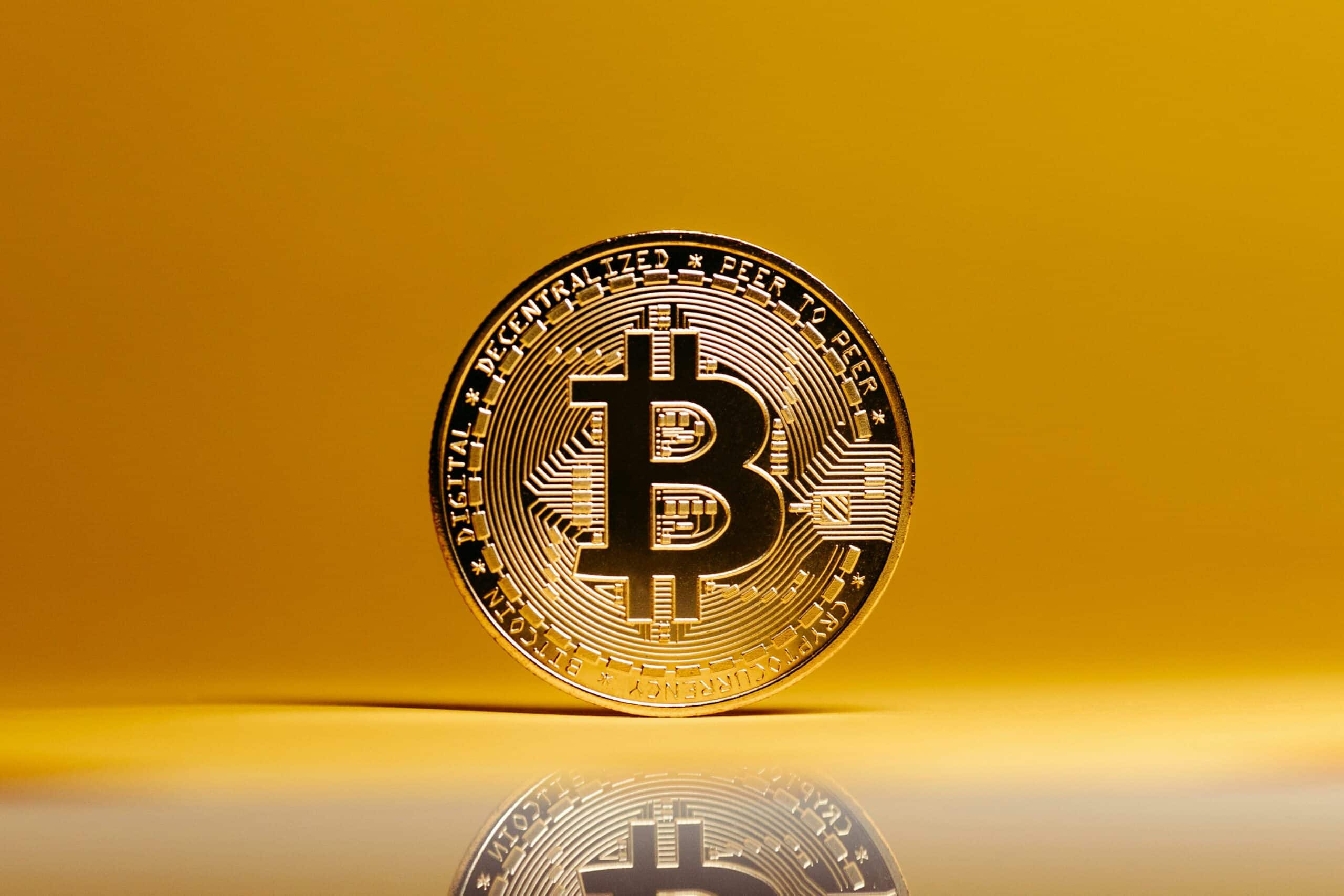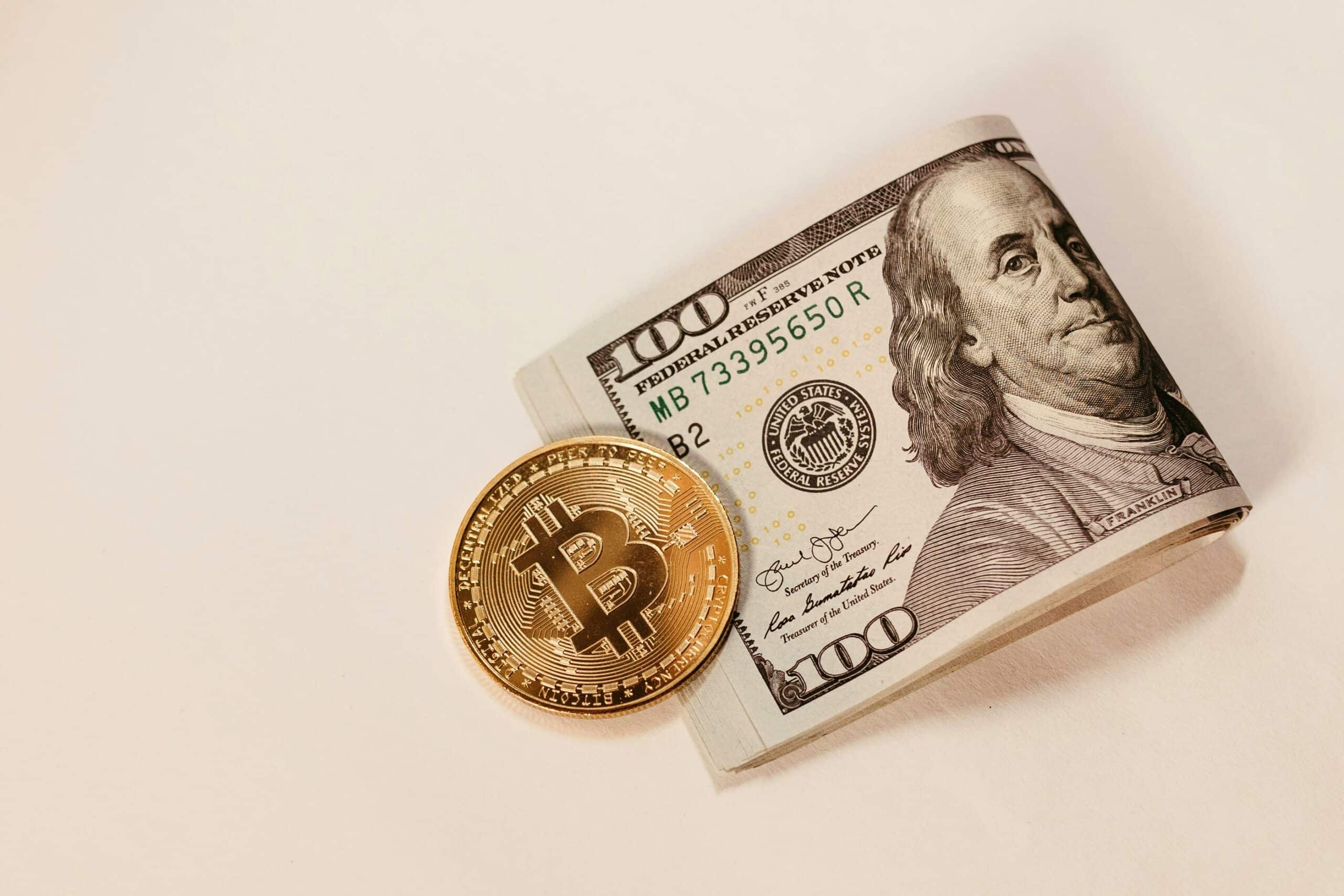Since the arrival of Bitcoin in 2009, the media began labeling cryptocurrency as an anonymous form of payment. However, this is not entirely true. Most cryptocurrency transactions are pseudo-anonymous, which means that while the user’s identity is not directly attached to the transaction, it can still be traced back through a process called “address clustering,” in which two or more addresses used for cryptocurrency payments and transactions can be linked to a single user.
While the vast majority of crypto transactions may not be completely anonymous, crypto still offers a greater degree of privacy than regular transactions. In this blog post, we explore ways to make Bitcoin transactions anonymous, why cryptocurrency transactions provide more privacy than traditional payments, and how to protect your personal privacy when using crypto.
Table of Contents
How private are cryptocurrency transactions?

Blockchain technology and encryption are two of the most important aspects of cryptocurrency when it comes to providing greater privacy. The blockchain is an immutable, distributed ledger that records all transactions made with a given cryptocurrency, meaning that no one can alter or delete any information on the chain. Furthermore, data stored on the blockchain is encrypted using advanced cryptography techniques which makes it difficult for malicious actors to access user private information, such as names and addresses. Additionally, users don’t need to reveal their identity in order to make a transaction – instead, they use a unique alphanumeric address associated with their wallet, which helps keep them anonymous. All these features combine to provide crypto users with greater privacy than regular payment systems offer.
What are privacy coins, and how do they work?
Privacy coins are a specific type of cryptocurrency that makes use of advanced cryptography techniques to ensure untraceable cryptocurrency transactions. These anonymous cryptocurrencies employ various methods such as ring signatures, stealth addresses, and zero-knowledge proof in order to protect user data and keep their identities hidden from prying eyes. As a result, privacy coins offer users more financial privacy than regular cryptocurrencies, as well as more control over their own data.
Some of the most popular privacy coins include:
- Monero
- Zcash
- PIVX
- Verge
How might cryptocurrency transactions be traced?

Bitcoin’s decentralized nature means that it has no central authority, like a central bank or government, governing its transactions. Each transaction is recorded on the blockchain, which can be transparently viewed by anyone, providing a way of tracing activity on the Bitcoin network and other cryptocurrencies around the world.
Linking a real-world identity to crypto transactions can occur through the Know-Your-Customer (KYC) protocols used by Virtual Asset Service Providers (VASPs) such as exchanges and wallets. Anyone who transacts through a VASP must verify their identity, thus making it easier for law enforcement agencies to trace transactions and identify the owners. Designed to prevent money laundering practices, the use of KYC services makes it difficult to remain completely anonymous when using cryptocurrency.
Clustering is the process of linking multiple public keys or addresses to a single user. By analyzing transaction history and patterns, such as the amount sent and received and the timing of transactions, an analyst can link several seemingly unrelated addresses together to form a cluster that leads back to an individual user. This means that although cryptocurrency transactions may appear anonymous to the uninitiated, it is still possible to trace them back to the user’s real-world identity.
Why does privacy matter?
In the digital age, privacy is more important than ever before. With data breaches and cyber-attacks becoming increasingly commonplace, it’s essential to take steps to protect your personal information online. For cryptocurrency users, this means being aware of issues regarding their privacy when making transactions with crypto coins.
While it is difficult to remain completely anonymous when using cryptocurrency, the privacy features offered by blockchain technology, and privacy coins can help to keep user information safe and secure. By taking an extra few steps to protect their identity, crypto users can ensure confidential transactions and security against malicious attacks or surveillance.
Are there anonymous crypto exchanges?
Yes, there are anonymous cryptocurrency exchanges that offer users the ability to make transactions without having to reveal their identities. These exchanges use advanced methods such as TOR networks or IP masking technology, which helps to keep user activities private. Additionally, some of the more popular exchanges eschew the use of KYC services, allowing users to make transactions without needing to provide personal information.
Here are a few of the more popular anonymous exchanges:
- Binance – This platform allows for a high level of privacy; no personal details are required by the Binance cryptocurrency exchange when users conduct transactions or withdraw funds from their accounts.
- Kraken – This website has been created with the utmost discretion in mind. To protect anonymity, only public addresses are shared between buyers and sellers – no other information will be revealed.
- Paxful – All that’s required to make transactions on this exchange is an email address. On top of all that, it offers another layer of privacy; Peer-to-peer (P2P) trading. This means that all transactions occur directly between buyer and seller, without the need for a third party to be involved.
By using these types of exchanges, users can better protect their anonymity while simultaneously gaining access to convenience and choice when it comes to purchasing and selling cryptocurrencies.
Ways to protect your privacy when using crypto
Protecting your privacy is an important aspect of using crypto, and there are several steps you can take to put yourself in control of your data. First and foremost, be aware of who has access to the coins or tokens you use. Choose wallets that require no personal information, or provide ‘decentralized’ options which allow you to transact without a third party. Secondly, use multiple addresses when sending or receiving funds – this will help to prevent clustering and keep your identity secure. Finally, be aware of the data that you are sharing with exchanges and other services, and only provide what is necessary for transactions to occur. With these tips in mind, you can ensure that you remain largely anonymous when using crypto!
Final thoughts
Cryptocurrency transactions are not as anonymous as people think. Anyone can see the addresses involved in a transaction as well as the amount of money being sent. While it is possible to trace a user’s identity from this information, it is not straightforward. By using secure wallets and anonymous exchanges, as well as taking steps to protect your privacy, you can make sure your personal information remains safe and secure when using crypto.
Now that you know more about the importance of privacy when it comes to cryptocurrencies and the steps you can take to protect your identity, you’re in a better position to make informed decisions. The main thing to remember is that by using a few simple steps, you can remain largely anonymous when interacting with crypto coins and tokens.
We live in an age when our data is increasingly valuable. As the future of crypto continues to unfold, the need for secure and anonymous transactions is likely only to grow. By taking the time to ensure your privacy is maintained and your crypto assets secured, you will be well set up for success in this new digital economy.













